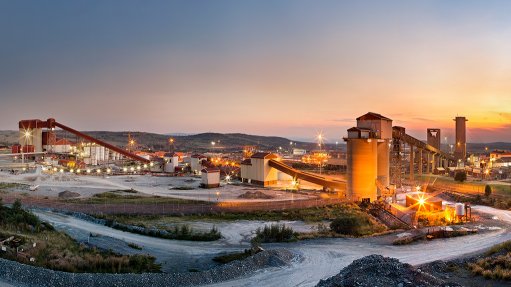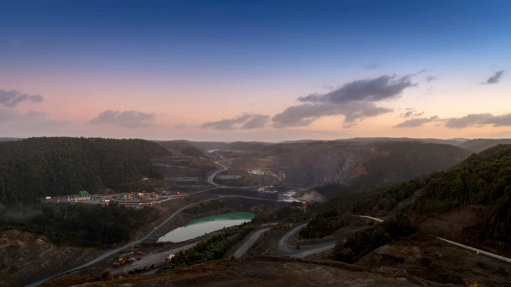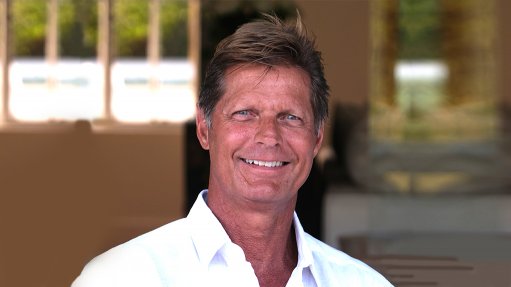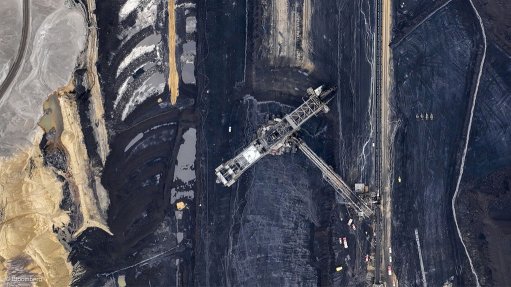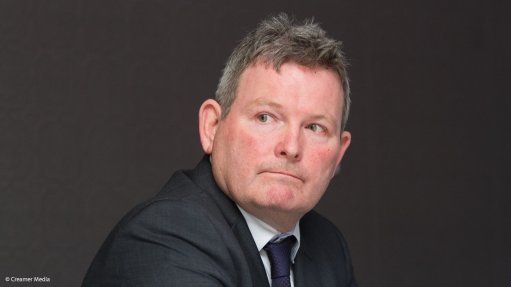Child labour rife at DRC cobalt mines, say NGOs
Major electronics brands, including Apple, Samsung and Sony, are failing to do basic checks to ensure that cobalt mined by children has not been used in their products, Amnesty International and African Resources Watch (Afrewatch) state in a report published earlier this month.
The report, ‘This is what we die for: Human rights abuses in the Democratic Republic of the Congo (DRC) power the global trade in cobalt’, traces the sale of cobalt, used in lithium-ion batteries, from mines where children as young as seven and adults work in perilous conditions.
“Millions of people enjoy the benefits of new technologies, but rarely ask how they are made. It is high time the big brands took some responsibility for the mining of the raw materials that make their lucrative products,” says Amnesty International business and human rights researcher Mark Dummett.
The report documents how traders buy cobalt from areas where child labour is rife and sell it to Congo Dongfang Mining (CDM), a wholly owned subsidiary of Chinese mineral giant Zhejiang Huayou Cobalt.
Amnesty International’s investigation uses investor documents to show how Huayou Cobalt and CDM process the cobalt before selling it to three battery components manufacturers in China and South Korea. In turn, they sell the cobalt to battery makers who claim to supply technology and car companies, including Apple, Microsoft, Samsung, Sony, Daimler and Volkswagen.
Amnesty International contacted 16 multinationals that were listed as customers of the battery manufacturers that were, in turn, listed as sourcing processed ore from Huayou Cobalt. One company admitted the connection, while four were unable to say for certain whether they were buying cobalt from the DRC or Huayou Cobalt. Six said they were investigating the claims. Five denied sourcing cobalt from Huayou Cobalt, though they are listed as customers in the company documents of battery manufacturers. Two multinationals denied sourcing cobalt from the DRC.
None of the companies contacted provided enough details to independently verify where the cobalt in their products came from.
“It is a major paradox of the digital era that some of the world’s richest, most innovative companies are able to market incredibly sophisticated devices without being required to show where they source raw materials for their components.
“The abuses in mines remain out of sight and out of mind because, in today’s global marketplace, consumers have no idea about the conditions at the mine, factory and assembly line. We found that traders are buying cobalt without asking questions about how and where it was mined,” Afrewatch executive director Emmanuel Umpula states.
The DRC produces about 50% of the world’s cobalt. One of the largest mineral processors in the country is CDM, with Huayou Cobalt sourcing more than 40% of its cobalt from the DRC.
Amnesty International researchers found that the majority of cobalt mineworkers in the DRC work long hours every day without basic personal protective equipment and clothing, such as facemasks, gloves or clothes.
Children told Amnesty International they worked for up to 12 hours a day in the mines, carrying heavy loads to earn between $1/d and $2/d. According to the United Nations Children’s Fund, about 40 000 children, many of them mining cobalt, worked in mines across southern DRC in 2014.
Comments
Press Office
Announcements
What's On
Subscribe to improve your user experience...
Option 1 (equivalent of R125 a month):
Receive a weekly copy of Creamer Media's Engineering News & Mining Weekly magazine
(print copy for those in South Africa and e-magazine for those outside of South Africa)
Receive daily email newsletters
Access to full search results
Access archive of magazine back copies
Access to Projects in Progress
Access to ONE Research Report of your choice in PDF format
Option 2 (equivalent of R375 a month):
All benefits from Option 1
PLUS
Access to Creamer Media's Research Channel Africa for ALL Research Reports, in PDF format, on various industrial and mining sectors
including Electricity; Water; Energy Transition; Hydrogen; Roads, Rail and Ports; Coal; Gold; Platinum; Battery Metals; etc.
Already a subscriber?
Forgotten your password?
Receive weekly copy of Creamer Media's Engineering News & Mining Weekly magazine (print copy for those in South Africa and e-magazine for those outside of South Africa)
➕
Recieve daily email newsletters
➕
Access to full search results
➕
Access archive of magazine back copies
➕
Access to Projects in Progress
➕
Access to ONE Research Report of your choice in PDF format
RESEARCH CHANNEL AFRICA
R4500 (equivalent of R375 a month)
SUBSCRIBEAll benefits from Option 1
➕
Access to Creamer Media's Research Channel Africa for ALL Research Reports on various industrial and mining sectors, in PDF format, including on:
Electricity
➕
Water
➕
Energy Transition
➕
Hydrogen
➕
Roads, Rail and Ports
➕
Coal
➕
Gold
➕
Platinum
➕
Battery Metals
➕
etc.
Receive all benefits from Option 1 or Option 2 delivered to numerous people at your company
➕
Multiple User names and Passwords for simultaneous log-ins
➕
Intranet integration access to all in your organisation






